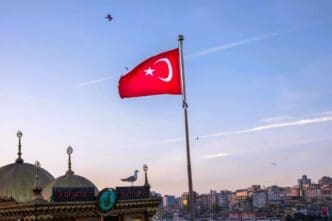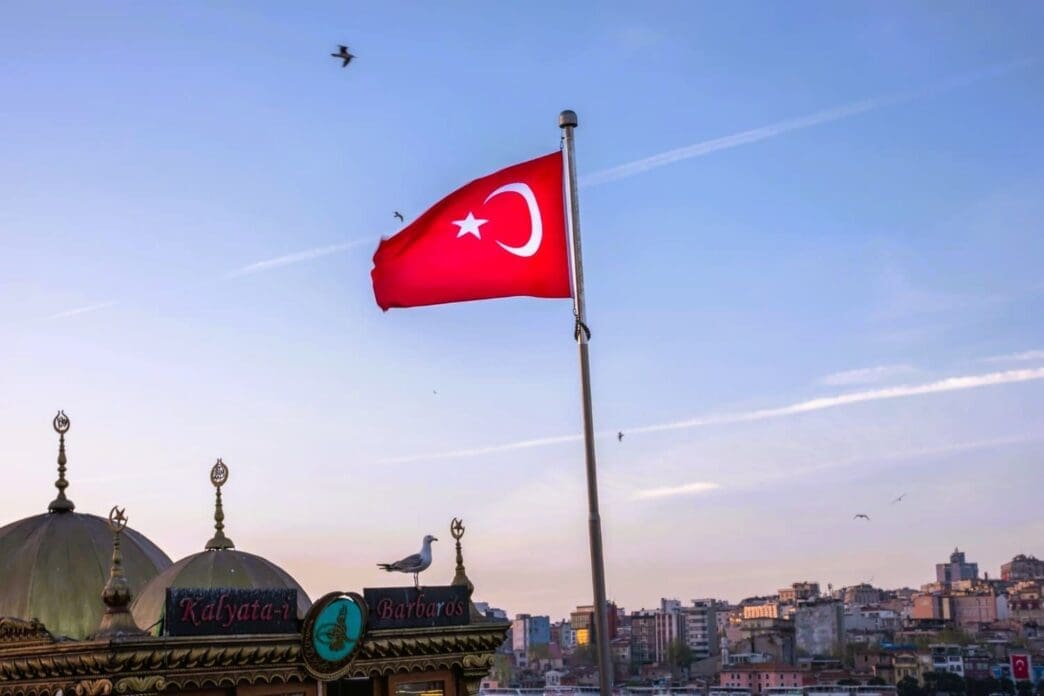In a significant development, Turkish authorities have detained numerous customs officers as part of a bribery investigation centered on Europe’s most trafficked border crossing. The Edirne Chief Public Prosecutor’s Office orchestrated the arrests of 38 officers implicated in corruption at the Kapikule border gate, situated on the Turkey-Bulgaria frontier. This operation, reported by the state-run Anadolu Agency, underscores the ongoing efforts to combat graft within the region.
A police surveillance initiative, initiated in January, revealed instances of customs staff accepting illicit payments from individuals traversing the Turkey border. During raids on the residences of the 38 suspects, law enforcement reportedly seized European, US, and Turkish currency amounting to over €35,000. Additionally, arrest warrants have been issued for 350 individuals suspected of offering bribes.
The Kapikule border crossing, according to Frontex, the EU’s border security agency, holds the distinction of being Europe’s busiest. It serves as a crucial land passage into Turkey for Europe’s extensive Turkish diaspora, with approximately 4 million people and 400,000 vehicles navigating the crossing annually.
In a related incident last December, a similar anti-corruption operation unfolded in Turkey’s southern Mersin province. This effort resulted in the apprehension of 91 individuals, including customs employees and brokers. Authorities seized money and gold valued at more than €150,000, alongside items such as gold jewelry, luxury watches, unlicensed firearms, and narcotics.
These developments occur against the backdrop of Turkey’s current political unrest. The recent arrest of an opposition presidential candidate has ignited the largest wave of anti-government demonstrations in over a decade, further complicating the nation’s political landscape.
Understanding the Impact
- The crackdown on corruption at the Kapikule border crossing could lead to heightened scrutiny and improved transparency in customs operations, potentially reducing wait times and enhancing travel experiences for millions of people each year.
- Arrests and investigations may result in stricter regulations and oversight within Turkey’s customs and border control, possibly affecting trade and commerce between Turkey and its European neighbors.
- The political turmoil following the arrest of an opposition candidate might impact Turkey’s international relations and economic stability, influencing foreign investment and tourism.
- For the local community, these anti-corruption efforts could foster a renewed sense of trust in government institutions and public services, leading to increased civic engagement and accountability.
- The broader implications of these events may affect regional security dynamics, as Turkey plays a pivotal role in managing migration flows and maintaining border integrity within Europe.








